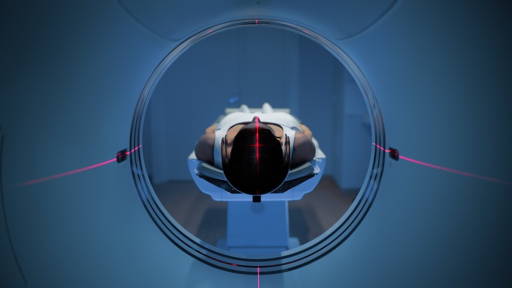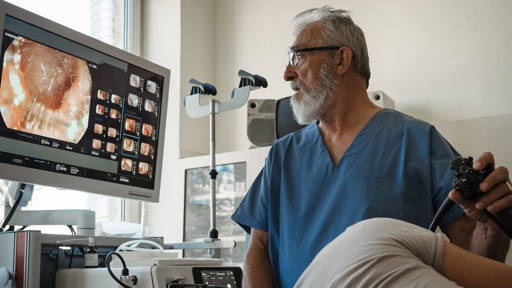An international research team is working on the development of a digital twin of the human immune system. This so-called Immune Digital Twin (IDT) should make it possible to test the effects of medicines or treatments virtually, without any risk to the patient.
The project, part of the Research Data Alliance Building Immune Digital Twins Working Group (RDA-BIDT WG), brings together more than a hundred experts from 22 countries. The group is led by Prof. Anna Niarakis of the University of Toulouse (CNRS, France) and is supported by the RDA TIGER programme.
Virtual dynamic copy
Digital twins, virtual, dynamic copies of physical systems, are already being used successfully in industry and engineering. In healthcare, they are finding their way into applications such as cardiac diagnostics and diabetes management, for example through artificial pancreas systems.
‘The immune system is extremely complex and varies from person to person,’ says Dr Yashwanth Subbannayya of the University of Surrey. ‘With a digital immune twin, we can simulate how a specific patient will respond to certain drugs or treatments, without any risk of side effects.’
Human immune system
However, building a reliable IDT is a huge challenge. The human immune system is a constantly changing network of cells and molecules, which is difficult to measure in real time. In addition, differences in data sources and models pose an obstacle. To break through these barriers, the RDA-BIDT WG works in a multidisciplinary manner: immunologists, clinicians, data scientists, engineers and ethicists combine their knowledge to arrive at an integrated model.
The Research Data Alliance (RDA) has a mission to develop the social and technical infrastructure that enables international collaboration and open data exchange in science. By sharing knowledge and developing standards worldwide, the digital immune twin can become a powerful tool for personalised medicine and the fight against complex immune diseases.
Digital Twin innovations
Recently, scientists at the Weizmann Institute developed an AI-driven digital twin that can predict future diseases using the world's most detailed health database. This technology makes it possible to identify risks years in advance, test preventive strategies and design personalised treatment plans.
The digital twin is based on data from more than 30,000 volunteers, collected over 25 years within the Human Phenotype Project. The database contains more than 260 billion data points on genetics, microbiomes, nutrition, sleep, metabolism and more. According to researchers, this model could transform preventive care and precision medicine by giving patients and doctors insight into the long-term effects of lifestyle and treatment choices.
Last year, we wrote about a Dutch study by Lukas Dekker and Carlijn Buck of TU/e and Catharina Hospital to map out the contribution that digital twins can make to personalised cardiac care.







